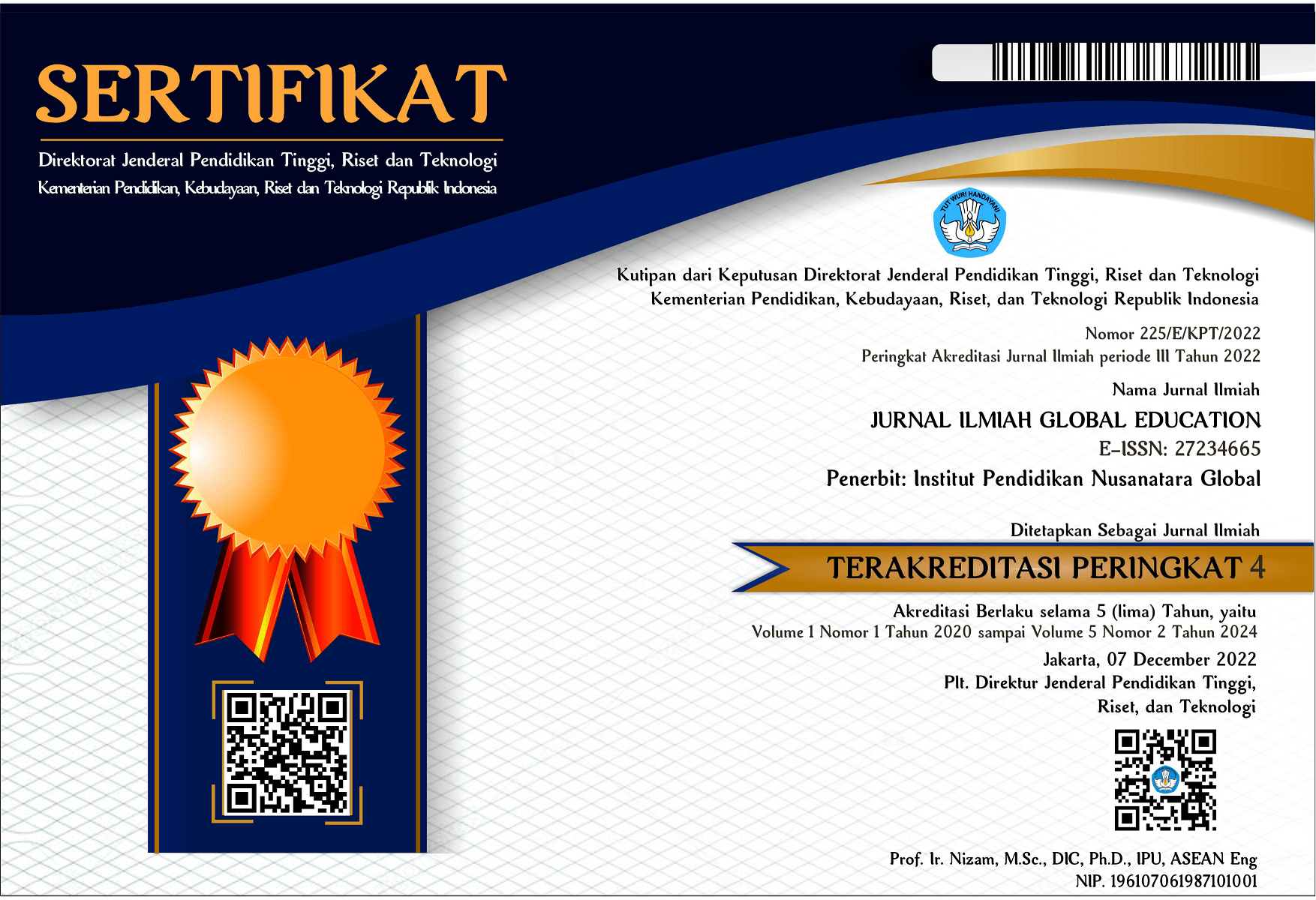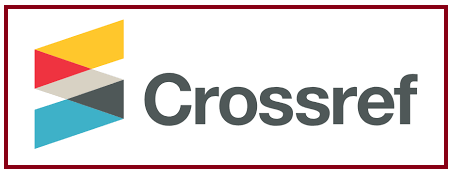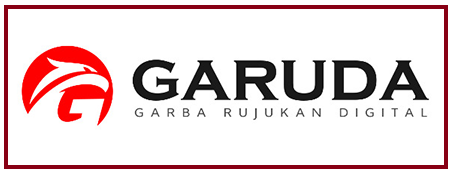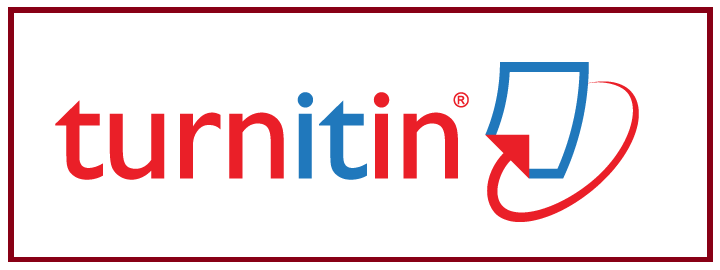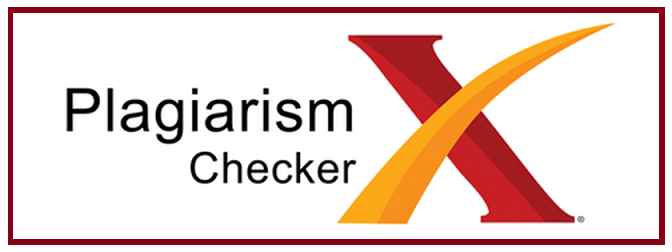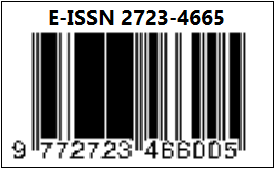PENGARUH PEMBELAJARAN TEMA 5 WIRAUSAHA DENGAN MENGGUNAKAN PENDEKATAN DIFERENSIASI TERHADAP PRESTASI BELAJAR SISWA KELAS 6 SDN GUNUNG SARI II MAKASSAR
DOI:
https://doi.org/10.55681/jige.v4i4.1315Keywords:
Entrepreneurial Theme 5 Learning, Differentiation, Learning AchievementAbstract
This study aims 1) To analyze and explain the application of the differentiation approach to learning activities on the 5th theme of entrepreneurship for students in class VI at SD Negeri Gunung Sari II Makassar, 2) To analyze and explain the effect of applying the differential approach to learning on the 5th theme of entrepreneurship on learning achievement class VI students at Gunung Sari II Public Elementary School, Makassar City. The population in this study were all grade VI of SD Negeri Gunung Sari II Makassar City. Based on the criteria that have been determined, the sample processed is 22 students in the entrepreneurship theme 5 learning activities. The collection of data used is observation, questionnaires and documentation. The data analysis technique used is the normality test and hypothesis testing technique which consists of descriptive statistical analysis and Inferential Statistical Data Analysis using SPSS software version.22. The results of this study indicate that 1) The average score obtained by students in the Class VI Pre Test at SD Negeri Gunung Sari II Makassar City is 69.91 which is in the medium category and the average score obtained by students in the Post Test Class V at SD Gunung Sari II State of Makassar City is 74.14 which is in the medium category. The results show that the use of a differentiation approach in learning activities on the theme of 5 entrepreneurship is effective for class VI students at SD Negeri Gunung Sari II Makassar City. 2) The results of data analysis obtained sig. 0.000. It turns out that the value of sig. 0.000 is smaller than the probability value of 0.05 or in other words the value of 0.05 > 0.000. So it can be concluded that there is a significant influence of the differentiation approach on learning activities on the 5th theme of entrepreneurship for class VI students at SD Negeri Gunung Sari II Makassar City.
Downloads
References
Amin. (2009). Pembelajaran Berdiferensiasi: Alternatif Pendekatan Pembelajaran Baggi Anak Berbakat. Edukasi, 1, 57–67.
Andini, D. W., Guru, P., Dasar, S., Sarjanawiyata, U., Yogyakarta, T., & Tamanpeserta didik, U. S. (2016). “Differentiated Instruction”: Solusi Pembelajaran. Jurnal Pendidikan Ke-SD- An, 2(3), 340–349.
Barseli, M., Ahmad, R., & Ifdil, I. (2018). Hubungan Stres Akademik Peserta didik dengan Hasil Belajar. Jurnal EDUCATIO: Jurnal Pendidikan Indonesia, 4(1), 40–47. https://doi.org/https://doi.org/10.29210/120182136
Creswell, J. W. (1997). Qualitative Inquiry and Research Design.. Choosing among Five Traditions. SAGE Publications.
Kotten, N. B. (2016). Pendidikan Dalam Perspektif Pendidikan Bermutu. Jurnal Pendidikan Ekonomi, 1(1), 1–11.
Tomlinson, C. A. (2001). Differentiate Instruction IN Mixed-Ability Classrooms Differentiate Instruction. Association for Supervision and Curriculum Development.
Marlina (2019). Panduan Pelaksanaan Model Pembelajaran Berdiferensiasi di Sekolah Inklusif
Ardana, I Made et.al. 2001. Pengembangan StrategiPembelajaranMatematika Model Kooperatif Individuasi Berbantuan Berwawasan Konstruktivis Sebagai Upaya Mengatasi Kemampuan Peserta didik yang Beragam di SLTPN 6 Singaraja. Laporan Penelitian (tidak diterbitkan). STKIP Singaraja.
Arikunto, Suharmini. 1998. Prosedur Penelitian Suatu Pendekatan Praktek. ogyakarta: PT Rineka Cipta.
Artawan, I Ketut. 2015. Teori Belajar Dan Faktor-Faktor Yang Mempengaruhi Prestas Belajar. Singaraja: Bioma Singaraja.
Dimyati dan Mudjiono. 2012. Belajar dan Pembelajaran. Jakarta: PT Rineka Cipta.
Hisyam Zaini, Strategi Pembelajaran Aktif, Insan Madani CTSD, Edisi Revisi, Yogyakarta, 2008, hal. xiv
Sudiasa, I Wayan. 2002. Penerapan Model Pembelajaran Kulsponsi Berbantuan LKS Sebagai Upaya Meningkatkan Aktivitas dan Hasil Belajar Peserta didik Kelas IA SMU N 1 Dawan Klungkung Tahun Pelajaran 2001/2002 dalam Pembelajaran Trigonometri. IKIP N Singaraja.
Suharsimi Arikunto (2011). Penelitian Tindakan Kelas, Jakarta: Bumi Aksara,
Arianto, Yusuf CK. (2011). Rahasia Dapat Modal & Fasilitas dengan Cepat & Tepat. Jakarta: Gramedia.
Armstrong, Thomas. (2006). The Best School (Mendidik Peserta didik Menjadi Insan Cendekia Seutuhnya). Bandung: PT Mizan Pustaka.
Budiyarti, Sri. (2014). Problematika Pembelajaran di Sekolah Dasar. Yogyakarta: Deepublish.
Kasmir. (2006). Kewirausahaan. Jakarta: Raja Grafindo Persada.
Lembayung, N. M. J., Pahdianti, O., & Jannah, R. (2023). PENINGKATAN HASIL BELAJAR SISWA PADA PEMBELAJARAN KIMIA MELALUI PENERAPAN MODEL PROBLEM BASED LEARNING PADA SISWA KELAS X DI SMAN 6 MATARAM. JURNAL ASIMILASI PENDIDIKAN, 1(2), 82-86.
Mulyadi, Seto dan Lutfi T. Rizki. (2012). Financial Parenting (Menjadikan Anak Cerdas dan Cermat Mengelola Uang). Jakarta: Mizan.
Novita, Windya. (2007). Serba Serbi Anak. Jakarta: PT Elex Media Komputindo.
Suharyadi, dkk. (2007). Kewirausahaan Membangun usaha Sukses Sejak usia Muda. Jakarta: Salemba Empat
Suparyanto. (2013). Kewirausahaan (Konsep dan Realita pada Usaha kecil). Bandung: Alfabeta.
Tridhonanto, Al. (2015). Jangan Katakan Bodoh ! (Buku panduan bagi Orang Tua dan Guru) . Jakarta: Bisakimia.
Downloads
Published
How to Cite
Issue
Section
License
Copyright (c) 2023 JURNAL ILMIAH GLOBAL EDUCATION

This work is licensed under a Creative Commons Attribution-ShareAlike 4.0 International License.


